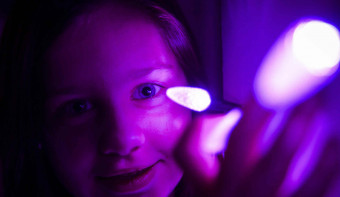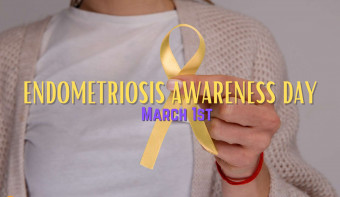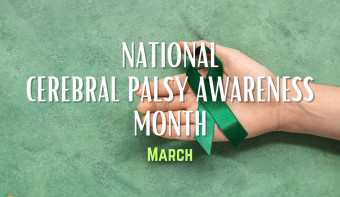About World AIDS Day
Every year on December 1st, the world comes together to observe World AIDS Day—a day of remembrance, solidarity, and advocacy in the ongoing battle against HIV/AIDS. This globally recognized event serves as a pivotal moment to raise awareness, show support for those affected, and reflect on the progress made in combating this epidemic while acknowledging the work that lies ahead.
The Significance of World AIDS Day
Founded in 1988, World AIDS Day was the first-ever global health day. Since its inception, World AIDS Day has served as a beacon of hope and a platform for education, understanding, and action. It provides an opportunity for individuals, communities, governments, and organizations worldwide to unite in a common cause, shedding light on the impact of HIV/AIDS and emphasizing the importance of prevention, treatment, and support for those living with the virus.
Raising Awareness and Fighting Stigma
One of the primary objectives of World AIDS Day is to spread awareness about HIV/AIDS, dispel myths, and combat stigma and discrimination associated with the virus. Education plays a crucial role in promoting understanding, acceptance, and empathy toward individuals affected by HIV/AIDS, encouraging open conversations, and fostering a supportive environment.
Access to Treatment and Support
Advancements in medical research and healthcare have significantly transformed the landscape of HIV/AIDS treatment. Antiretroviral therapy (ART) has revolutionized the management of HIV, allowing individuals to lead longer and healthier lives by suppressing the virus and reducing the risk of transmission. World AIDS Day emphasizes the importance of universal access to treatment, ensuring that everyone, regardless of their background or socioeconomic status, has access to life-saving medications and support services.
Prevention and Advocacy
Prevention remains a cornerstone in the fight against HIV/AIDS. World AIDS Day serves as a platform to advocate for preventive measures such as comprehensive sex education, access to condoms, pre-exposure prophylaxis (PrEP), and needle exchange programs. By empowering individuals with knowledge and resources, the aim is to reduce the transmission of the virus and work towards the goal of an HIV-free future.
Addressing Inequalities and Challenges
While significant progress has been made in combating HIV/AIDS, challenges persist, particularly in addressing inequalities in access to healthcare, tackling stigma, and reaching marginalized communities. World AIDS Day highlights the need for continued efforts to address these disparities, emphasizing that everyone, regardless of their background, gender, sexual orientation, or geographic location, deserves access to prevention, treatment, and support services.
The ongoing need for World AIDS Day
World AIDS Day stands as a poignant reminder of the global commitment to ending the HIV/AIDS epidemic. It is a day to honor the lives affected by the virus, to support those living with HIV/AIDS, and to renew efforts toward achieving an AIDS-free generation. By standing together, raising awareness, advocating for equal access to healthcare, and fostering compassion and understanding, we move closer to a world where HIV/AIDS is no longer a threat. As individuals and communities, let us unite in solidarity, working hand in hand to eradicate the stigma and impact of HIV/AIDS from our world.
Similar Observances
Endometriosis Awareness Day
Read More
National Cerebral Palsy Awareness Month
Read More
Other Observances on December 1st 2026
Food Service Safety Month
Read More










